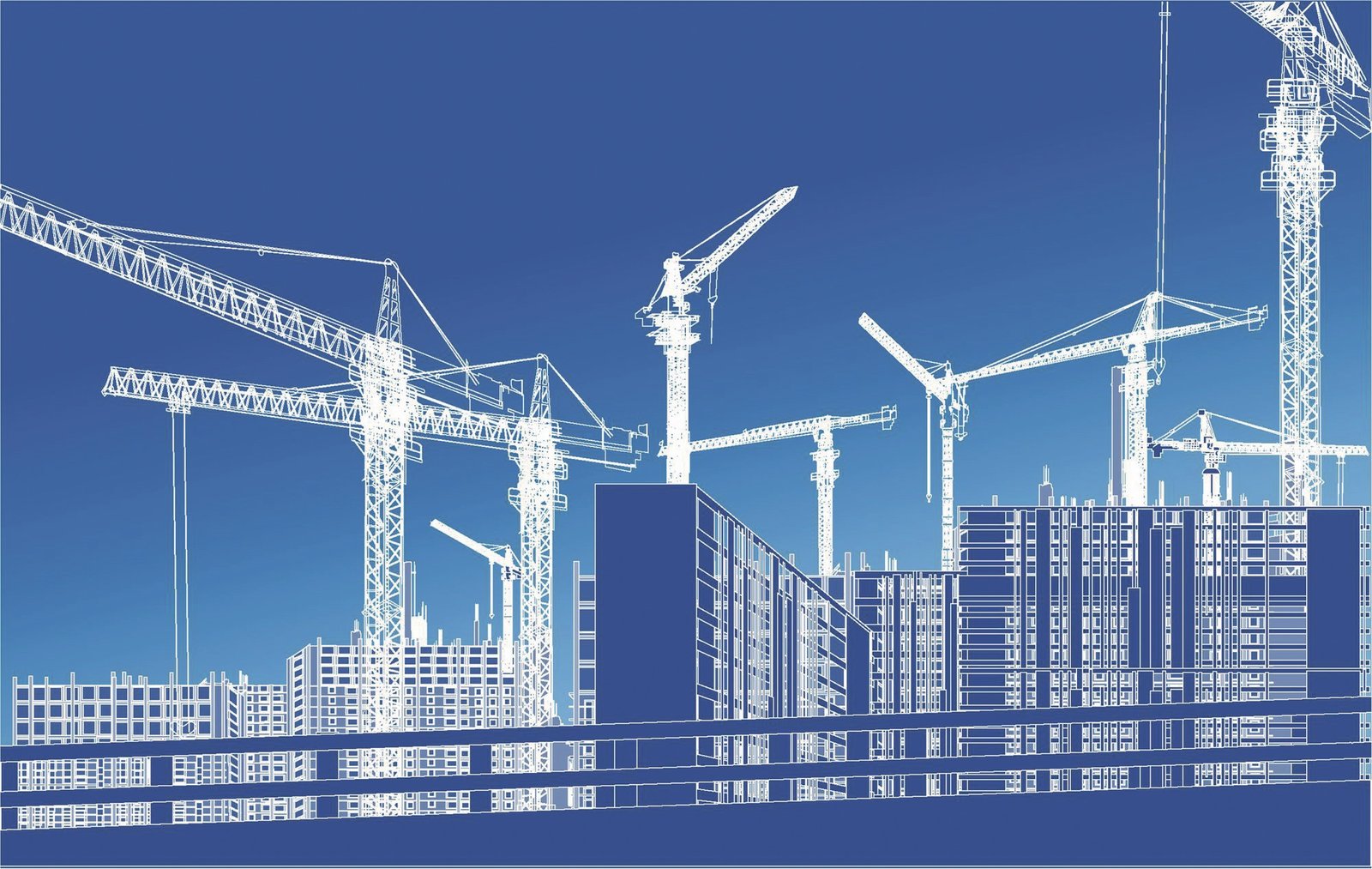Shaping Malta’s Future: A Vision for Progress and Sustainability
As Malta stands at a crossroads, the need for a unified, long-term vision has become more pressing than ever. Today, we face a pivotal moment in which we must shape the roadmap for our collective future.
For years, the Malta Development Association (MDA) has called for a comprehensive national vision, one that provides clear direction for policymakers, businesses, and society as a whole. This long-awaited framework is beginning to take form in MaltaVision 2050, a vital document currently under development by the Ministry of the Economy, led by Hon. Minister Silvio Schembri. Yet, while this document is being mentioned in the media, it is not receiving the attention it truly deserves. This is not just an economic plan. It is a social, cultural, and environmental blueprint that will affect every aspect of life in Malta for generations to come. From construction to hospitality, financial services, health, and education, no sector—or citizen—will remain untouched by the principles it sets forth.
“Until the 1960s, Malta’s economy depended heavily on British support. This reliance left us vulnerable to external shifts, but it also taught us resilience“
The responsibility of creating this vision cannot be overstated, nor can the need for it to be approached with apolitical, careful deliberation. We must ensure that this vision does not become just another shelved document but instead serves as the backbone of Malta’s future policies and decisions. To understand the urgency of this moment, we must first reflect on how far we’ve come. Until the 1960s, Malta’s economy depended heavily on British support. This reliance left us vulnerable to external shifts, but it also taught us resilience. As we moved into the era of independence, governments of all political affiliations began building the foundations of a more self-sustaining economy. Protectionism took hold as Malta established its manufacturing and hospitality sectors, which were the cornerstones of our economic stability at the time.

“(The construction industry) plays a crucial role in supporting foreign investment and meeting the needs of a growing population. And the MDA firmly believes that sustainability and quality must guide the industry’s future”
The construction industry, a cornerstone of Malta’s economy, exemplifies the balance we must strike. Employing over 40,000 individuals directly and indirectly, it plays a crucial role in supporting foreign investment and meeting the needs of a growing population. And the MDA firmly believes that sustainability and quality must guide the industry’s future.
Our village cores must be protected—not only for the historic buildings but also the surrounding environments that define their charm.
A house of character, for example, loses much of its appeal if it is surrounded by broken roads, waste, or excessive traffic. Urban planning must thus prioritise liveability, reducing congestion, pollution, and inefficiencies in daily life.

Schools, for instance, should be located closer to residential areas, minimising the need for lengthy commutes and creating more harmonious communities. Government buildings; again, such as schools; could also be repurposed for community use after hours, reducing the strain on families and traffic alike. Modernisation must extend beyond infrastructure to the very processes that govern our industries. Today, excessive bureaucracy stifles both productivity and the joy of work. Architects, accountants, and lawyers often find themselves bogged down in paperwork rather than focusing on their expertise. By embracing technology and simplifying procedures, we can create an environment where quality, creativity, and professionalism thrive.
MaltaVision 2050 offers us an opportunity to think deeply about what we want for our nation. It is a vision for a modern Malta—one that prioritizes not just economic growth but also social well-being, environmental sustainability, and quality of life. It must address fundamental questions about how we work, live, and raise future generations. Will our policies encourage higher birthrates by supporting working families? Will our investments enhance the quality of life in urban areas? These questions require thoughtful answers, and the stakes could not be higher. We must remember that economic prosperity is the foundation upon which all other pillars – health, education, and infrastructure – are built.

“Today, excessive bureaucracy stifles both productivity and the joy of work”
Without a sound economy, these systems cannot function effectively. Yet, prosperity alone is not enough. It must be coupled with a commitment to better governance, respect for the environment, and a willingness to adapt to the ever-changing global landscape. In conclusion, MaltaVision 2050 represents a defining moment for our country. If we succeed, it will become a guiding star for Malta’s future, helping us navigate the complexities of modern life while preserving the values and traditions that make us who we are. Let us approach this task with the seriousness and collaboration it demands, ensuring that we leave a legacy of progress, sustainability, and opportunity for future generations.
Schools could be repurposed for community use after hours, reducing the strain on families and traffic alike.

Comment